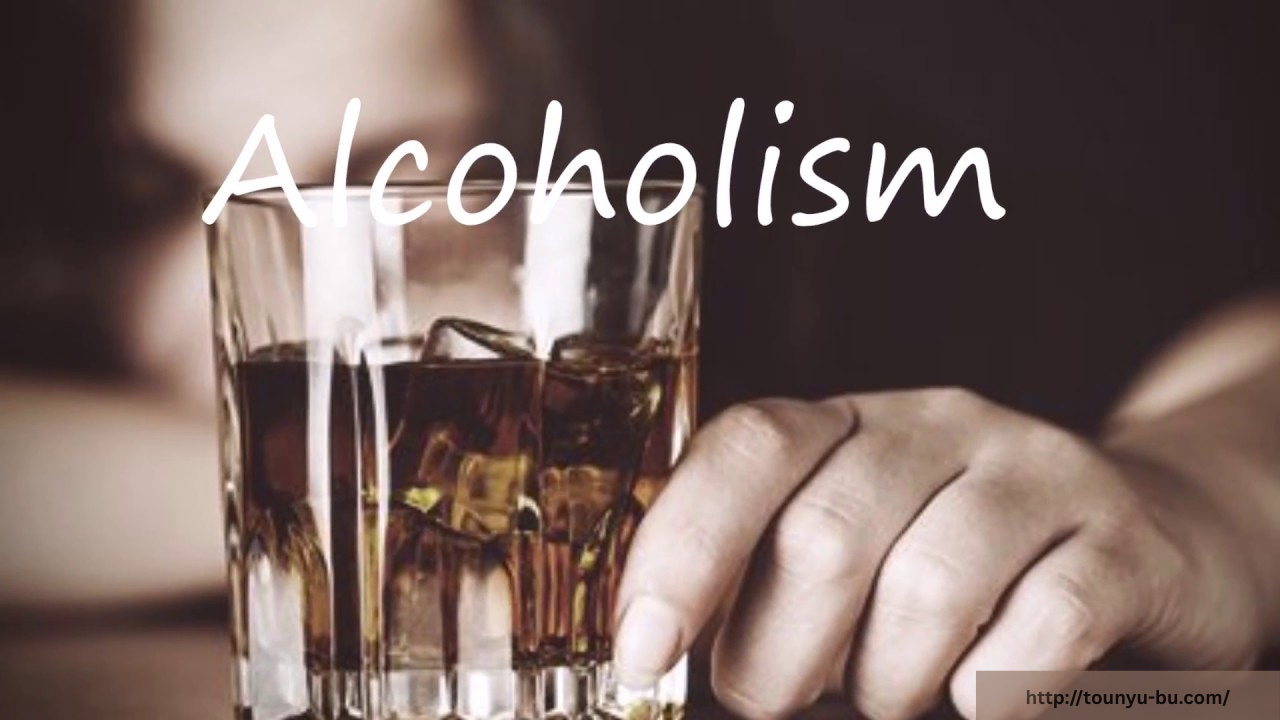
Addiction recovery is often portrayed through stories of triumph and transformation, but behind the success lies a series of silent struggles that many individuals face alone. These hidden battles—emotional turmoil, identity crises, and the daily fight against internalized stigma—are rarely discussed openly, yet they profoundly shape the recovery journey.
The Weight of Stigma and Self-Doubt
Even after achieving sobriety, many individuals continue to grapple with the stigma associated with addiction. This can manifest both externally—through societal judgment and discrimination—and internally, as self-doubt and shame. People in recovery often feel the need to prove their worth or hide their past to be accepted.
This burden can make it difficult to fully embrace recovery. It’s not just about staying clean; it’s about learning to believe in one’s value again. Therapy, peer support, and affirming environments are crucial for challenging these negative beliefs and fostering a sense of self-worth.
The Loneliness of Starting Over
Recovery frequently demands a complete overhaul of one’s lifestyle, including distancing from former social circles that encouraged substance use. While necessary, this separation can lead to profound loneliness. The sense of connection, however unhealthy it may have been, is lost—and rebuilding relationships with those who support sobriety takes time.
This period of isolation can be especially hard when others around you don’t understand what you’re going through. Support groups, sober living communities, and trusted mentors can help bridge this gap and create new, meaningful connections.
Emotional Rollercoasters
In recovery, feelings that were once numbed by substances often return with intensity. Anger, grief, sadness, and anxiety can surge to the surface, sometimes unexpectedly. These emotions can be overwhelming, and without the crutch of substances, coping can feel impossible at times.
These emotional waves are part of healing, but they’re rarely talked about. Acknowledging them, seeking professional guidance, and finding healthy outlets like journaling, creative expression, or physical activity can be lifesaving tools in the recovery toolkit.
The Pressure to Be Perfect
There’s often an unspoken pressure in recovery circles to maintain an image of strength and success. This can prevent individuals from sharing their ongoing struggles or admitting when they feel like they’re slipping. The fear of judgment or appearing weak can be paralyzing.
Creating spaces where honesty is valued over perfection is vital. Recovery isn’t a straight path, and setbacks don’t mean failure—they’re part of the process. Normalizing this can ease the pressure and open the door for real, vulnerable healing.
Rediscovering Purpose
Without substances, many individuals face a void in their lives. What once consumed their time and energy is now gone, and figuring out what comes next can be daunting. This existential struggle often goes unspoken but is central to long-term recovery.
Finding purpose—whether through work, creativity, service, or spiritual practice—helps to rebuild a sense of identity and direction. It takes time, patience, and exploration, but it’s a critical part of sustaining recovery.
Addiction recovery is about more than just abstinence. It’s a complex journey filled with unseen challenges that require strength, support, and compassion. By shedding light on these hidden battles, we can create a more honest, supportive space for healing and hope.